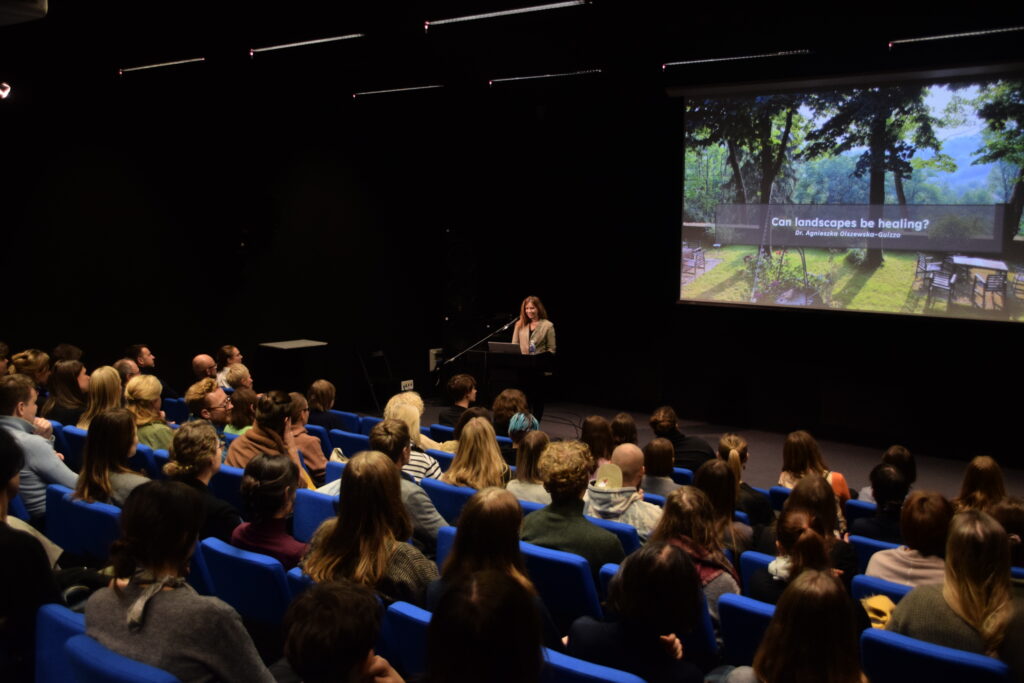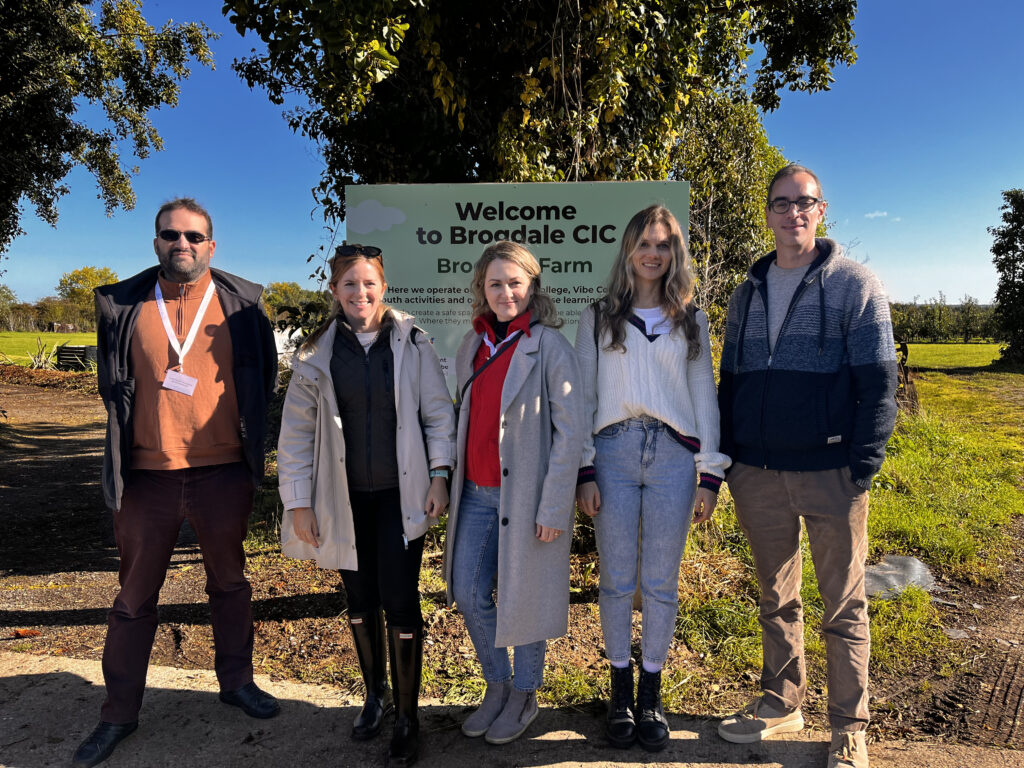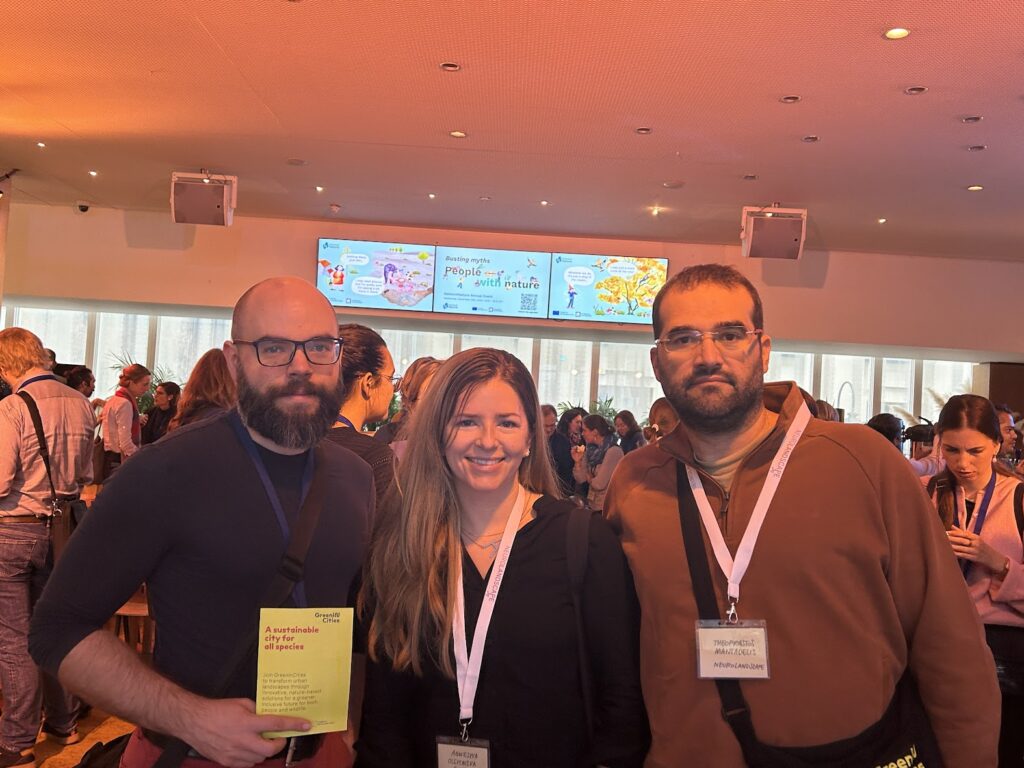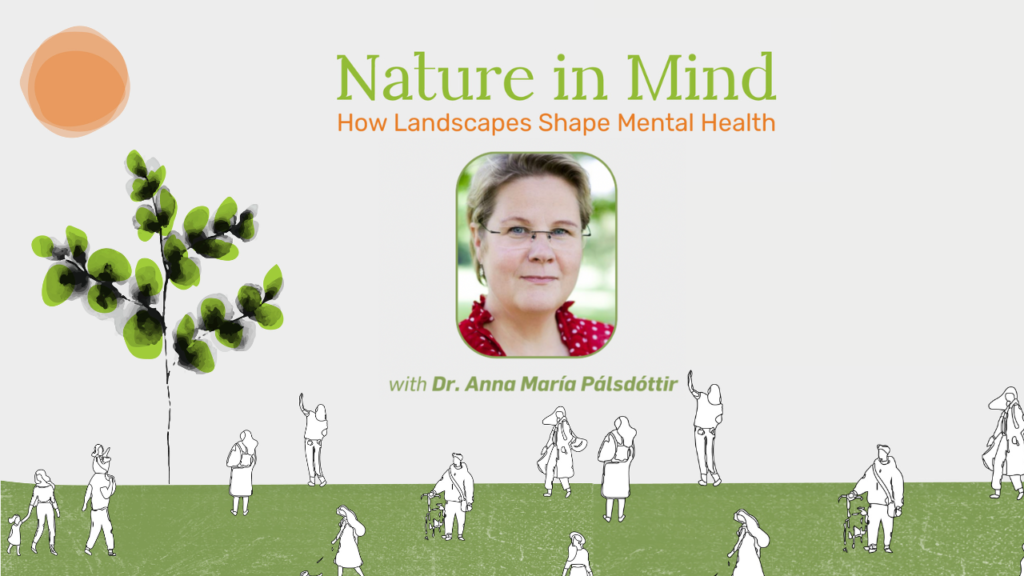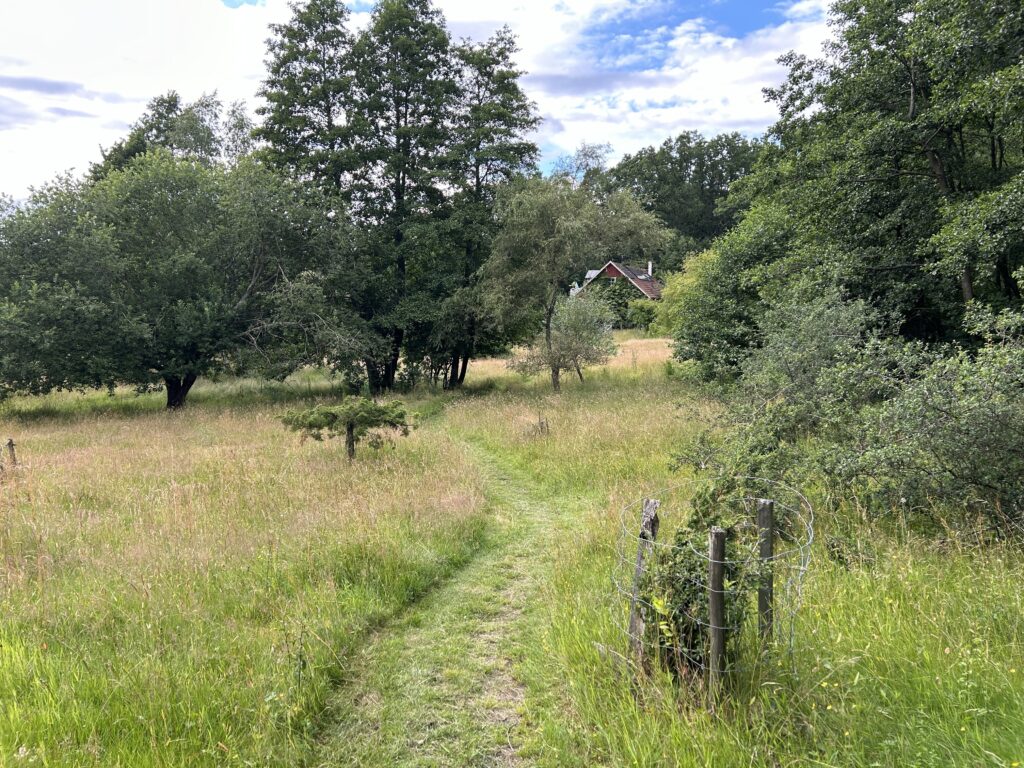We are excited to share that our CEO, Dr. Agnieszka Olszewska-Guizzo, and our Gender Equality Officer, Dr. Weronika Gąsior, participated in the International Conference on Urban Health (ICUH2024) in Marrakesh, Morocco, to present the results from Work Package 2 of the GreenMe project. The conference, hosted by the International Society for Urban Health (ISUH), Read More
Category: Neurolandscape
NeuroLandscape in Cork: GreenInCities Second Consortium Meeting
Cork, UK – October 8-9, 2024 Earlier this month, the NeuroLandscape team had the pleasure of attending the GreenInCities (GIC) Second Consortium Meeting in the vibrant city of Cork, Ireland. Hosted by the University College Cork (UCC) and Cork City Council, the two-day event gathered the international project partners to advance our shared mission: urban Read More
“A Talks” cycle ✨ Mental health – What does Architecture Have to do with it? ✨
5th November, at 19:00. National Art Gallery in Vilnius, Lithuania Our CEO Dr. Agnieszka Olszewska-Guizzo gave a talk titled “Can landscapes be healing?”at the National Gallery of Art in Vilnius. In this talk, Agnieszka explored the intersection between landscape architecture and neuroscience, which led to the creation of Contemplative Landscapes. She presented the science behind Read More
GreenME General Assembly Meeting October 2024: NeuroLandscape in Canterbury, UK
Canterbury, UK – October 9-11, 2024 The NeuroLandscape team was pleased to attend the recent General Assembly Meeting for the GreenME project, hosted by the University of Kent. To mark the project’s second year, the gathering brought together the diverse consortium of partners from across Europe and the U.S., with the goal of furthering their Read More
Designing for Well-Being: How the Contemplative Landscape Model Transforms Urban Spaces
We’ve all felt the calming effects of spending time in nature, whether it’s a stroll through a park or a quiet moment in a garden. But not all natural environments induce the same mental health benefits. Some landscape features, when combined, are more effective than others at promoting well-being, and the Contemplative Landscape Model (CLM) Read More
Network Nature Annual Event
NetworkNature Annual Event 2024 | Busting myths: People with nature 24-25 of September, 2024 | Brussels, Belgium The NeuroLandscape team just returned from an incredible few days at the NetworkNature EU Annual Event in Brussels! What a wonderful blend of insightful discussions, knowledge-rich myth-busting panels, and interactive hands-on workshops, all reinforcing the key message of Read More
Nature in Mind: An Interview with Dr. Anna María Pálsdóttir
Dr. Anna María Pálsdóttir is the Senior Lecturer/Assistant Professor in Environmental Psychology at the Swedish University of Agricultural Sciences (SLU), the Department of People and Society. She is a professional horticulturist with a BSc in Biology & Horticulture Sciences and a MSc and PhD in Landscape Planning and Environmental Psychology. Dr. Pálsdóttir works with conceptual Read More
How Urban Design Can Impact Mental Health & Well-being
Our cities are often designed with function in mind. We build parks for exercise, wider sidewalks for pedestrians, and bike lanes for commuters. While we have made progress towards building healthier bodies, we have overlooked the equally important mental well-being. Urban design has a powerful influence on the quality of its citizens’ life, especially mental Read More
Building Back Differently: The Role of CLM in Public Health Promotion through Nature-based Solutions
“The future of humanity is undoubtedly urban,” warns the UN-Habitat in their World Cities Report (2022), urging public health policies to address the growing health risks associated with urban expansion. Urban environments — characterized by traffic, pollution, noise, and overcrowding — not only create fertile ground for physical health issues but also place a significant Read More
Visiting Nature’s Embrace: A Singapore Exhibition Showcasing the Healing Effects of Nature
With support from Singapore’s National Parks Board, the Mind Art Experiential Lab of the National University of Singapore’s Yeo Boon Khim Mind Science Centre has curated the “Nature’s Embrace: A Gift to the Mind” exhibition. Open for appointment-based viewing until September 2024, the exhibition allows visitors to explore the connection between nature and mental well-being through serene visuals and calming nature melodies. Not to mention, it also provides techniques that can improve the mind-body-nature connection that you can try at home.



